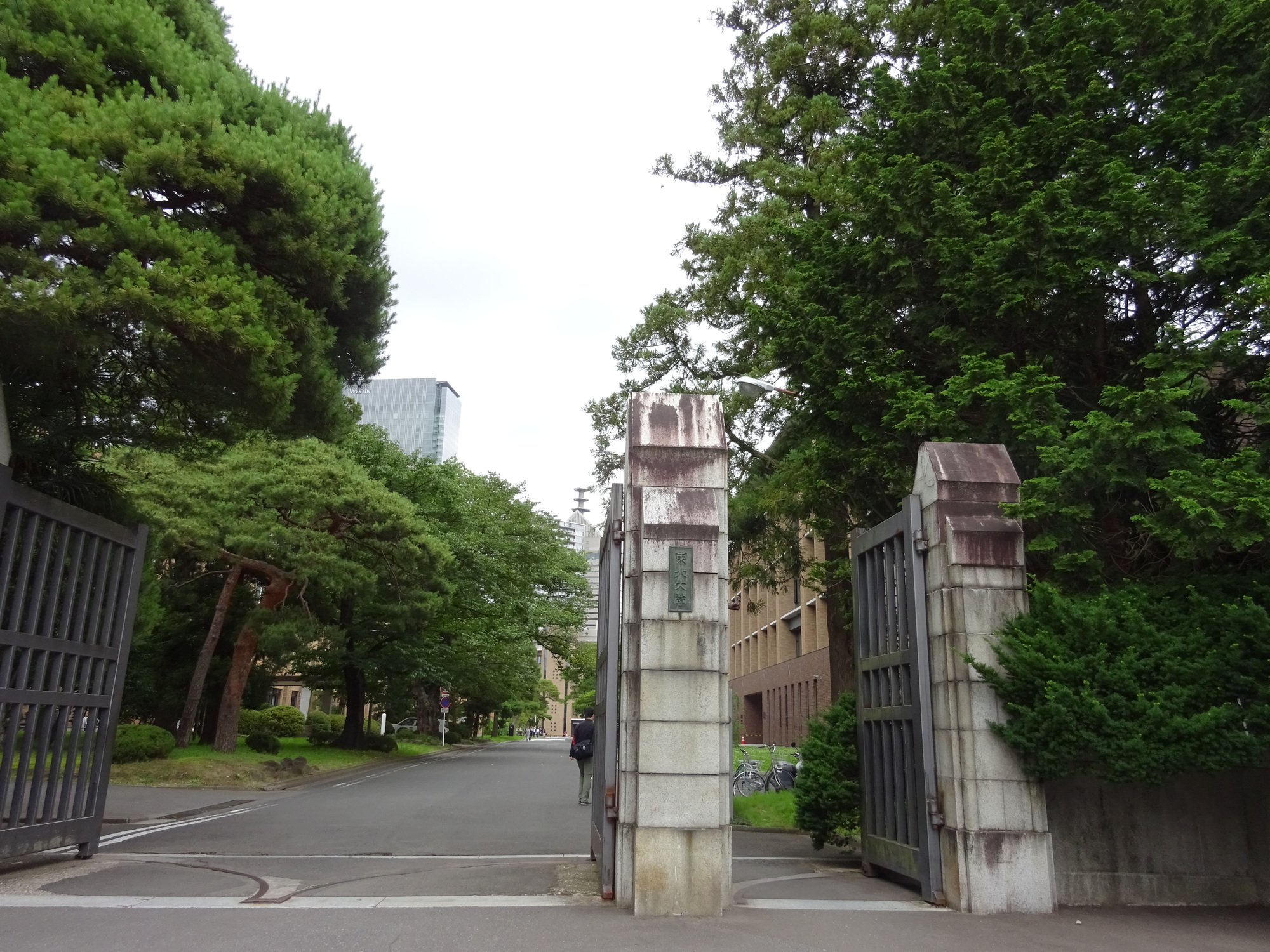Joint development research teams such as the University of Tsukuba have developed the world's first radiation measurement sensor capable of ultra-high-precision position measurement of 1 micrometer (1000/1 mm) or less.This sensor uses a semiconductor technology called "SOI (Silicon-On-Insulator)", which enables position measurement with an order of magnitude higher accuracy than conventional silicon semiconductor sensors.
In elementary particle experiments using accelerators, accurate observation of "where the elementary particle reaction occurred" is important.Development and research of the next-generation detector "SOI pixel sensor" started in 2005 with the aim of significantly improving the position measurement accuracy, which was several micrometers with conventional radiation detectors.The results of the performance evaluation of the radiation detector using the developed sensor were announced at the international conference.
The "SOI pixel sensor" developed by the research team is a device that measures the position where elementary particles pass by arranging sensors with an SOI structure (a structure in which an integrated circuit is formed on an insulating film) in a grid pattern. By optimizing the thickness of the silicon layer under the SOI substrate for pixel-type radiation detection and integrating it with a signal processing integrated circuit, we have realized an ultra-fine pixel sensor with high radiation detection efficiency.
It has been confirmed that the performance of this sensor, which is expected to play an active role in future elementary particle and nuclear experiments, does not deteriorate even under high radiation doses.Since it can also be applied as a high-performance X-ray image detector, it is expected to be widely applied to medical and industrial fields as well as basic science such as X-ray astronomy and experimental equipment for material life science using synchrotron radiation.



